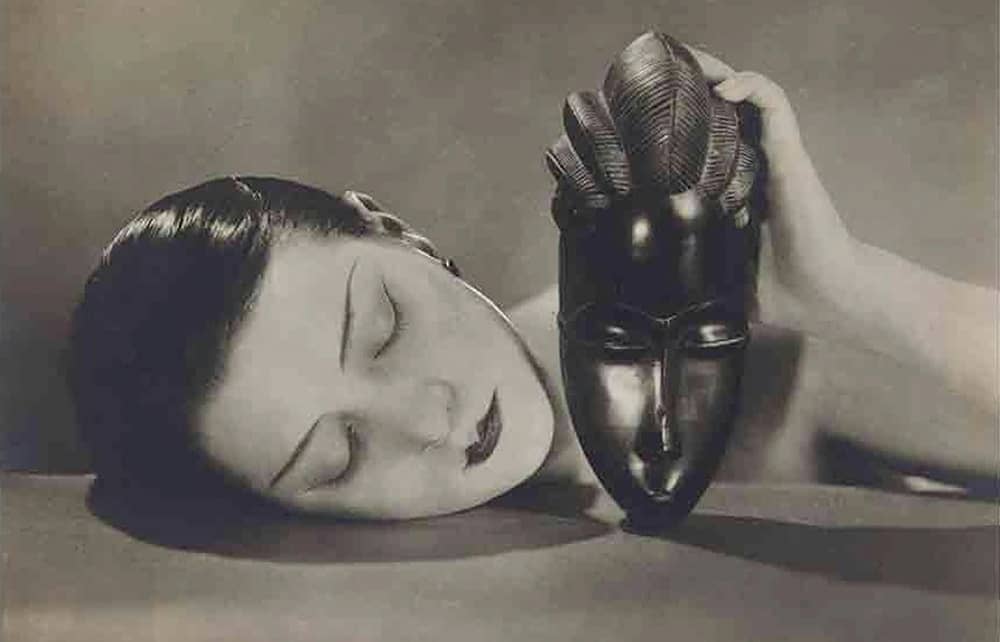This book is about two people who reinvented themselves in 1920s Paris. Mark Braude focuses on Kiki de Montparnasse and Man Ray, the decade of their creative collaboration and the cafés and nightclubs of Montparnasse, immersing the reader in a world where everyone was pushing their creativity in unimaginable directions.
Emmanuel Radnitzky, the Jewish tailor’s son from Brooklyn who turned himself into Man Ray, the painter and photographer, saw himself as the equal of Picasso, Duchamp, Picabia, Léger and the other artists who were being talked and written about with such excitement. Yet people found him more interesting as an innovative photographer than a painter, and while photography was definitely an art, it was not Art.
Kiki was soon being hailed as the authentic, warm, gritty voice of Montparnasse
Alice Prin was an illegitimate waif who’d been scraping a living in Paris since the age of 13. She never saw herself as an artist. She sang because songs gathered in her head, and painted for pleasure. She came from Burgundy, but in her life and her voice she was Kiki, the very essence of bohemian Paris.
In 1901 when she was born the artistic quarter was still Montmartre, made famous by Degas, Matisse, Renoir and Toulouse-Lautrec. But when the area began to attract tourists and the slick commerce that follows them, prices went up and the atmosphere changed. The real artists began to drift south to Montparnasse, following Picasso, who moved there for a few years in 1912.
In her late teens, grubby and often homeless, Alice began haunting the Café Rotonde on the corner of the Boulevard Raspail and the Boulevard du Montparnasse. The patron let her wash there, and sometimes she drew portraits of the customers for the price of a coffee.








Comments
Join the debate for just £1 a month
Be part of the conversation with other Spectator readers by getting your first three months for £3.
UNLOCK ACCESS Just £1 a monthAlready a subscriber? Log in